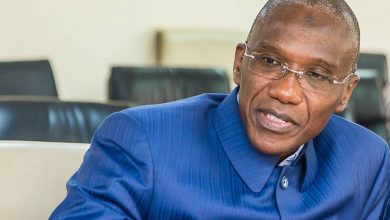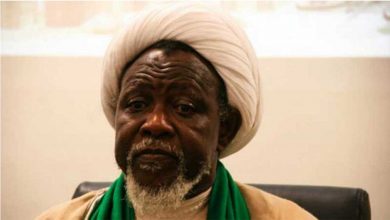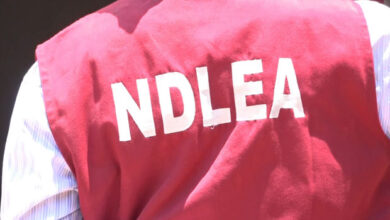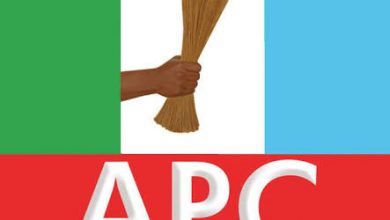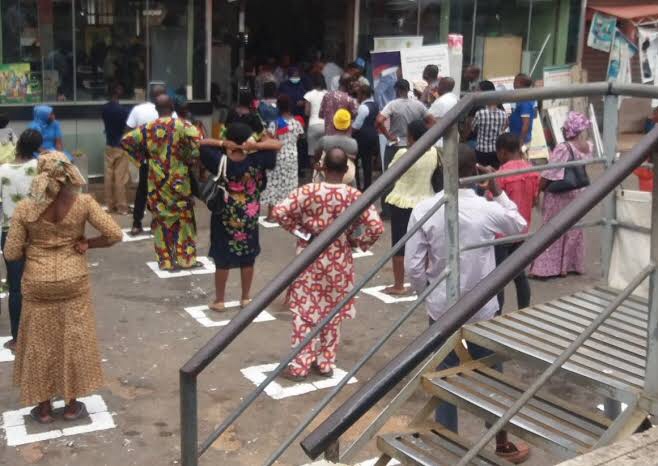
On Sunday, 13th of April 2020, President Buhari announced the extension of restriction of movements in Lagos, Ogun and Abuja for another two weeks. The three hotspot states account for up to 80% of confirmed cases nationwide. While many Nigerians are outraged at this decision, it doesn’t come as a surprise to those who fully understand the enormity of what we have before us.
The bitter truth is, we are still at early stages of a potential widespread. The number of people infected with the virus will likely grow exponentially and new index cases will be uncovered in more states cross the federation. Although COVID-19 is less deadly than viruses like Spanish flu, SARS, and Ebola, it is extremely transmissive and has the potential to collapse an economy or bring even the best-equipped health care systems in the world to their knees.
The costs of shutdowns are growing by the hour, the Nigerian economy, like every other country in the world is in fairly bad shape, students are out of school, workers are home and the uncertainty of the future is worrisome. Those who suggest that we “choose the economy” first are not being honest about the consequences of that decision or take this flu as another fluke.
Social distancing is only about us or lowering the risk to one’s self and one’s family or closed ones. This task is more of an act of solidarity and an intentional choice that binds us in a common cause. Solidarity as an ethical virtue doesn’t just depend on feelings, but on a deeper sense of commitment to a cause bigger than yourselves, and that’s the inevitable cross, we all, regardless of class or tribe have to bear.
We do not need to politick or be sentimental with our opinions, Coronavirus is the one single event that has put the entire world on hold over the last century. While we wait for a vaccine or some other therapeutic to prevent or treat it, social distancing remains the most effective and reliable option to flattening the curve and curbing the spread of a virus that kills faster than a war. Like you, no governments is happy to be dealing with this invisible attack.
It’s uncertain if the virus will burn out in the following months or if hotter temperatures like ours can slow its spread. Scientists are also figuring out all the ways the virus spreads, how deadly it truly is and if people can become re-infected. For now, until we witness cases drop to a significant point, it’s just not safe to go out.
We need to avoid the mistakes US, Italy and Spain made by letting the outbreak get so out of control before taking proper action. One of the big lessons from the 1918 flu pandemic which claimed up to 100 million lives globally is that early, aggressive and layered social distancing works, not just to save lives but to help economies recover after an outbreak. The window for containment is still very much open and President Buhari’s government is without doubts taking the right step by enforcing stay-at-home orders in specifics regions. The Presidential Task Force on COVID-19 chaired by the Secretary General of the Federation (SGF) Mr Boss Mustapha has stated that the measures presently put in place have enabled intensified case identification, testing and isolation, intensified contact listing and isolation. Adding that 92 per cent of all contacts have been identified including increase in testing capacity after the launch of more laboratories across the nation.
Nigeria currently does 1,500 tests daily, a 50% increase in contrast to the previous weeks, and the government plans to double the numbers in a couple of days. Over 40,000 Personal Protective Equipment have been distributed to healthcare workers as well as training sessions on infection prevention and control. The seven-man Economic Sustainability Committee headed by Vice President Yemi Osinbajo enunciating policy measures and palliatives to help vulnerable Nigerians and the urban poor survive through this period and ensure quick economic recovery afterwards. This prompted President Buhari’s order for an additional 1 million households to be included in the existing register of beneficiaries of the social investment funds bringing the total number to 3.6 million households.
The economic costs of a long battle with Covid-19 would be disproportionately higher in Nigeria, considering that most people do not have the financial liquidity to not work during a prolonged shutdown of the economy. But a significant advantage for us is that they can learn important lessons from countries where the outbreak has struck the hardest so far. How we adhere to the set guidelines and coordinate ourselves as a people in the next couple of days will determine how we will beat this. Physical distancing may be inconvenient at best and truly worrisome at worst but it will help us deal with this sooner than expected and hopefully, get things back to usual business. This is a sacrifice we have to bear and a true test of our faith as a united nation. This is a moment when we need to put politics aside and work together as Nigerians. We are all in this together.


